~ Field Notes ~
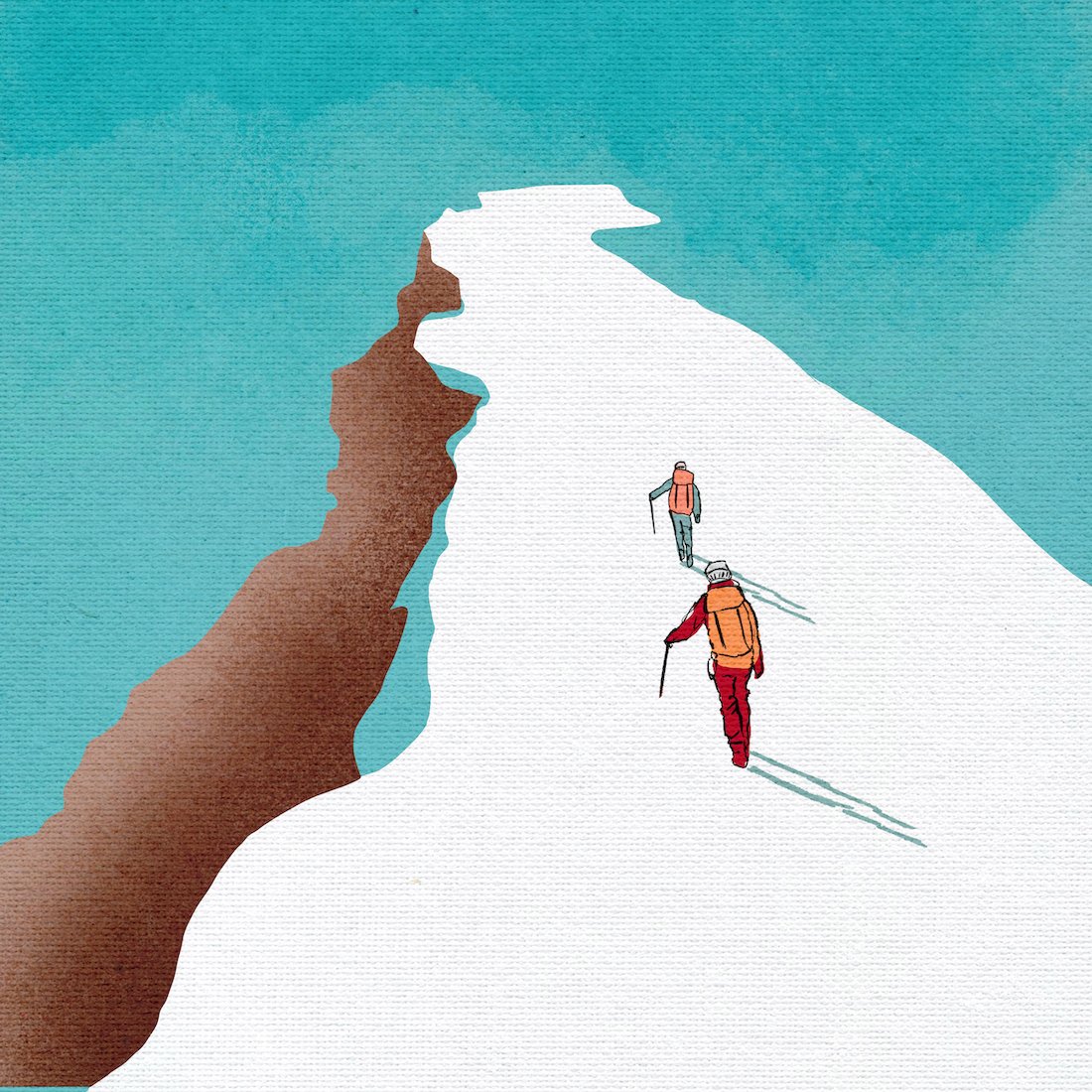
5 things to make your expedition happen in 2023
We’ve had some difficult years making expeditions and personal goals happen recently. The pandemic, conflict, a shift in global politics, and cooling economy have conspired to increase the size and number of hurdles, however there are ways to mitigate them that you might not have thought of or be familiar with.
You may well have signed up to an ocean rowing race, to run the Marathon des Sables, or even to take on the mighty Everest – however with the current fiscal uncertainty, it’s hard to see how you can possibly fundraise if the outdoor and charity sector is struggling as we believe it might be.

Relearning to paddle my own canoe: Regaining independence after a complex injury.
One of the hardest things I experienced during my recovery from a mountaineering injury, was to be physically and spiritually supported by my partner, family and friends.
I was in a wheelchair when I first left hospital. My partner had to push me around when I wasn’t strong enough to go more than a few metres on the crutches. Whilst I had completed ultramarathons like the Marathon des Sables the previous year; my fitness had utterly deteriorated from the 3 months in a hospital bed – so I had to rely on her to help in almost all daily activities.

Bending and straightening: what life’s like four months after the accident.
It is four months since the accident, and I’ve been out of hospital for a few weeks. Christmas would usually be spent driving hundreds of miles to the north to see my family however I choose not to struggle with the British rail service.
The effort it would take to get across London from the south coast (itself already experiencing difficulties from flooding) and then many more hours on the trains just seems beyond me at this stage – so my girlfriend and I settle for a quiet one at home watching Netflix and drinking too much tea.
It takes me many days to overcome the feeling that I’m letting people down, but I get reassured that I’m not.

On the other side of life
I have been thinking a lot about time recently.
Somehow, I always perceived time as being linear. Everything having its own beginning and ending. Its own past, present and future.
But it was the evening of the accident when I felt the true meaning of time. I have heard it being described before, in books, in films, by other people with remarkable stories - that in certain moments in life, time can stop.
Stand still.
Cease to exist as it did before and change your life forever.
The night I received the message about the accident was the moment when life and time truly stood still. I can still remember some of it, how alien time felt. I remember my knees getting weak and shaky. The outside world disappearing. The truth is, it is a feeling like no other, one that I hope that you would never experience.
And yet, it was once of the rarest moments of my life when I felt time as raw as I ever have.

What 3 months in hospital taught me about isolation (by a former-Royal Marine and ocean rower)
Late last year, I had a big fall whilst trying to climb the Matterhorn mountain – tumbling fifty metres which put me in coma for eight days and hospital for almost three months. After spending a week in a coma, I woke up with a traumatic brain injury. The Italian doctors had found three lesions (damage in the brain) which affected my short-term memory, speech and vision in one eye. At first I didn’t recognise my girlfriend, family or close friends whom had all flown to be with me throughout the coma. But as time went on, I started to become more like the person I was before – but some perspectives had changed.
It was undoubtedly the hardest period of my life, but these basic principles helped me to endure it and come out stronger.

Matterhorned: the home phase of my recovery

Knocking on the door of ‘Rose Cottage’
In September 2019, my tiptoeing the tightrope between life and death went the wrong way. After trying to summit the Matterhorn mountain in Italy, I slipped and tumbled a long way down.

Nearly dying something you love
When I write this article, it doesn’t bring back terrible memories – they were wiped clean in the accident. But the pain comes from hearing your loved ones recounting when they were told that you’ll either die or spend the rest of your life with life-changing injuries or big personality changes; hit me harder than anything else I’ve dealt with in my entire life.

The 7 principles I follow for taking on physical challenges that intimidate me
82 years old and completing an Ironman triathlon. That’s a 2.4-mile (3.8-km) swim, followed by a 112-mile (180-km) cycle, and finishing with a 26.2-mile (42.2-km) run. Just think about that for a second longer.
It’s stories like hers that motivate me to keep going when the journey ahead seems impossible to move forward.
In the next few years, I'll be aiming to complete the Silk Road Mountain race, a 1700-kilometre continuous bikepacking race in Kyrgyzstan, and one of my biggest personal challenges since a mountaineering accident in 2019 almost permanently stopped me from doing things I love altogether.
There are the 7 principles that I use to fit training to previous adventures that I’ll use to get myself to the finishing line.

How improving our situational awareness can help lone travellers stay safe in this new and difficult era
As a young soldier getting ready to deploy to some challenging environments, I found the concept of ‘situational awareness’ challenging to grasp. I remember coming away with a feeling that it was in part, guesswork combined with Spiderman’s spider-sense ability and a touch of clairvoyance.
But it has now become my most effective skill in managing my safety when I’m travelling alone overseas.
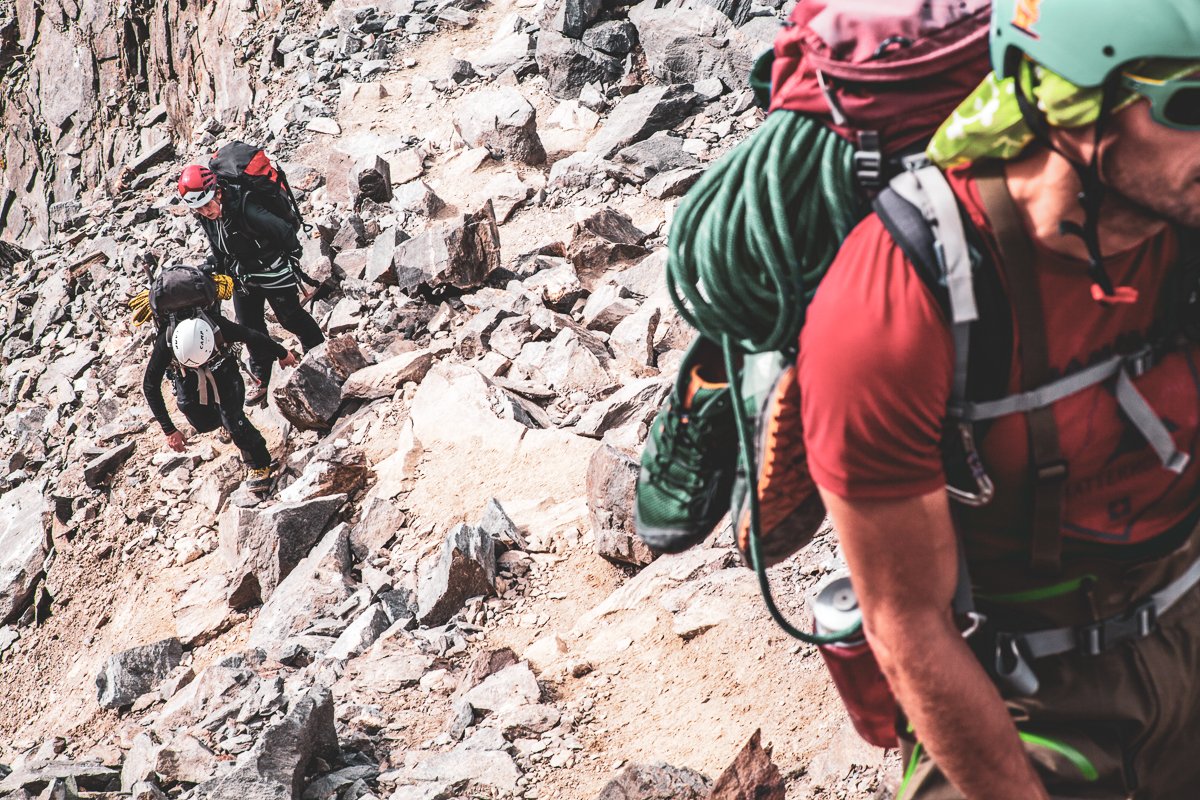
My advice on career transition
At some point in our lives, we decide that what we are doing as a job or career at the moment, isn’t the best for us in the future.
In 2015, after some 12 years in the military – itself a spur of the moment decision that I made when I saw how much friends were really thriving in it - I decided that I should try something new to support causes that I’m passionate about. I’d reached a waypoint in my career, although not achieved the things I’d wanted to – but realised that I had stalled and momentum in a new direction would help me regain the initiative.
This article came about as I regularly get asked by friends leaving the military, how transition works from someone who’s undergone many of them and how it can be more successful.
This is a simplified version of how I transferred from the Royal Marines into the BBC, an international media charity, going freelance, and then starting my own creative agency (Haus of Hiatus).
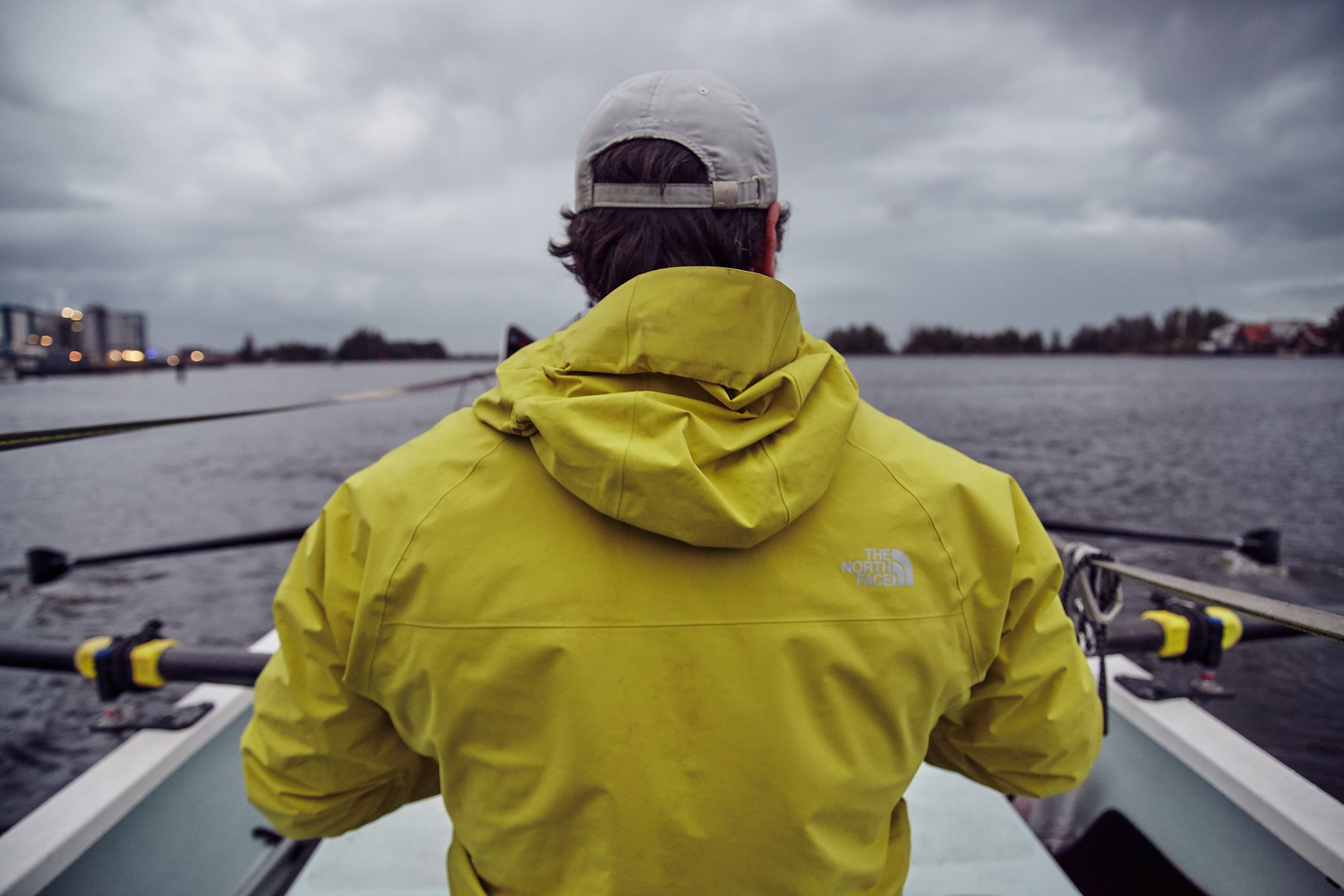
10 UK-based expeditions to take on in 2023 and beyond
During the lockdowns, I wanted to start planning endeavours for when they’d completely ended, so I compiled (and in some cases designed) a bunch of UK-based physical challenges that can be completed according to difficulty.
I started off with 5 ideas that soon sprouted and turned into 5 more – so I allocated them a difficulty rating along the lines of medal you’d get for completing them.
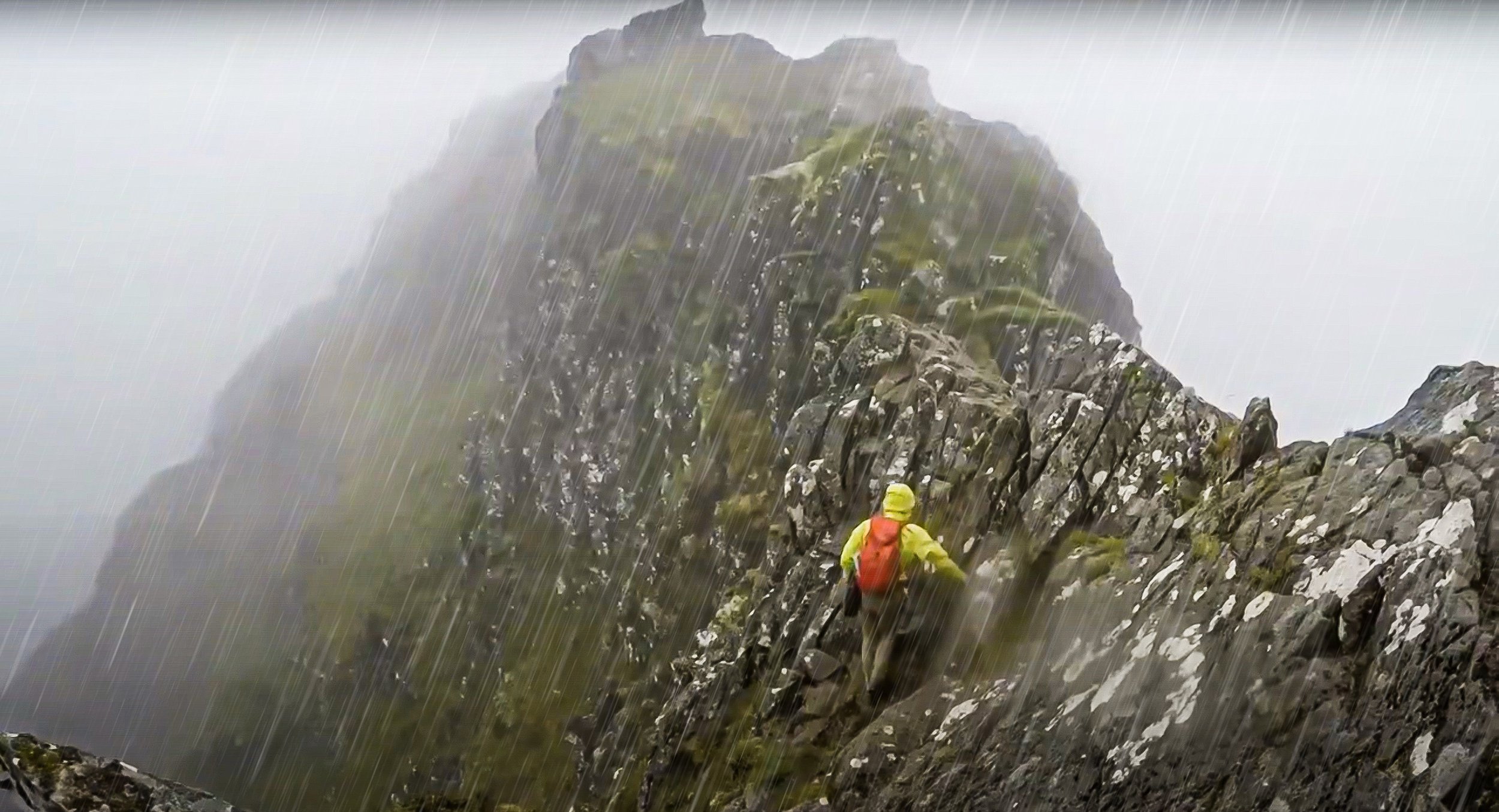
What it’s like to traverse the Aonach Eagach ridgeline in Scotland
My research told me that the Aonach Eagach ridge is considered one of the most difficult and exposed scrambles in Scotland, and requires a high level of fitness, experience, and proper equipment. It also offers spectacular views of the surrounding mountains and valleys that you can find emblazoned across Instagram. That was enough for me to give it a go!

The reasons why I plan to have two, three, or four careers in my lifetime.
Popular media is full of people who are showing how healthy and able they are in their sixties, seventies and eighties these days. By example, just look at Ranulph Fiennes who at the age of 65 summitted Mount Everest, or Rosie Swale-Pope who ran around the world, starting at age 58!
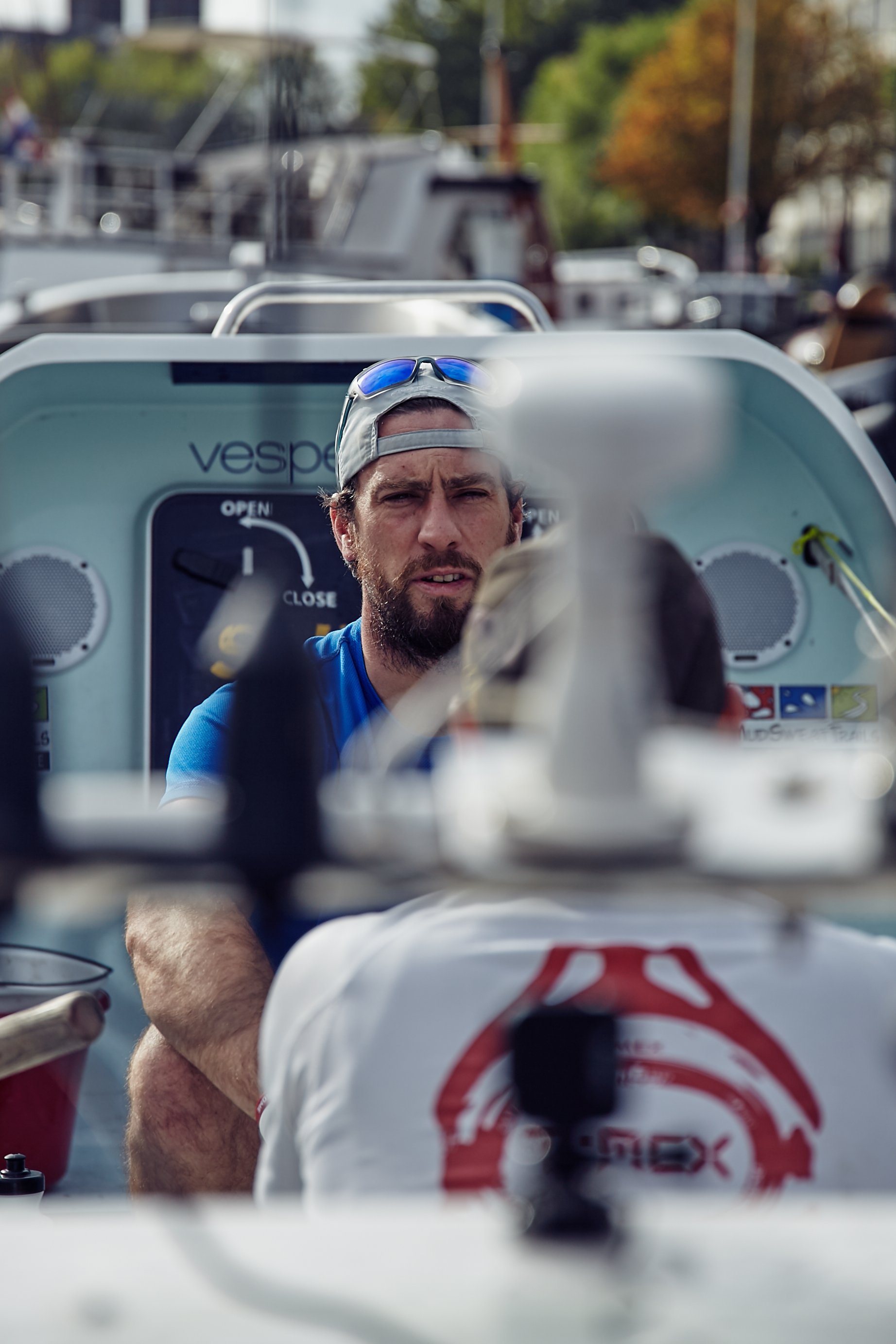
Rowing across a current: A veteran’s thoughts on transitioning into the creative media sector.
In her article, ‘It’s Hard to Be What You Can’t See’, Marian Wright Edelman asserts that kids need to be exposed to a wide range of writing that reflect the true diversity of the way the world really is.
This perspective is useful to help explain why some veterans don’t venture far from employment that they know as a result of their service – and possibly why some organisations that have low numbers of veterans, may come to unfair assumptions of someone who has served in the military.
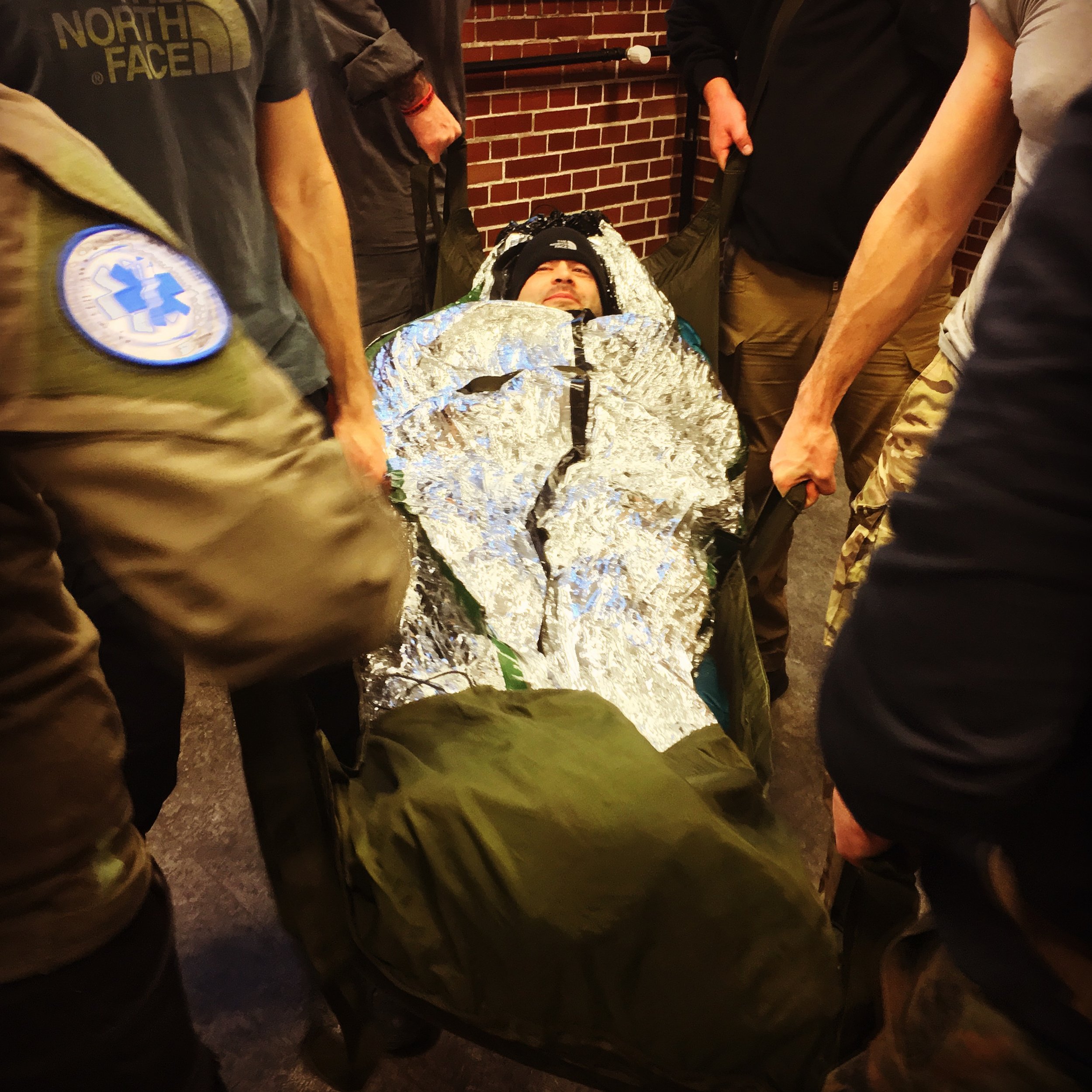
Increasing my Emergency medicine skills
My search for Emergency Medical Technician (EMT) providers started with the Australasian registry of EMT (AREMT) - this is one of the better-known registries that are able to validate your skills and quantify your knowledge. This led me to PPA - a medical training provider based in Denmark, led by Nick, a former close protection Team Leader with a hugely impressive CV of medical experience (which was bought out during the course in vignettes to add real life relevance to the learning).

Learning to fly: What it’s like to enter ‘the gig economy’.
Around 4 months ago, I decided to join the freelance community. I wanted control of everything in my life.
Earlier this year, I had decided to leave a career in the military and start a new path in a London-based global media organisation. Life was simple – you just turn up, do your job, don’t rock the boat too much, go home, get paid, buy nice things. It’s that straightforward. But simple isn’t always the best and by now, I’d had enough of my life being defined by a safe career path that led to an unknown horizon.

The artist and the scientist: My thoughts on the complexity of leadership
Naturally, It got me thinking about becoming a good leader in my chosen field. Not just an effective leader - that implies you're good effectuating other’s judgements even when you don't necessarily believe in it. A good leader knows how and when to push back. And so I realised the artist and the scientist metaphor of duality:

What it's like to take on the Devizes-to-Westminster canoe race.
It’s 3am and a voice calls my name from the darkness. It’s quiet at first, muffled by a scarf wrapped tightly around my head to keep me warm because I’m still soaking wet and bitterly cold.
“Chris – you’re steering us towards the bank”.
I groan, and think to myself “I’ve just fallen asleep again – how does this keep happening? The quiet voice is right, I have just knocked the steering handle of our 2-man kayak towards the mud bank. And if I don’t do something about it, we’ll collide and potentially put a hole in the hull, meaning we’d be out of the race.
On second thoughts, maybe that’s not such a bad thing..
